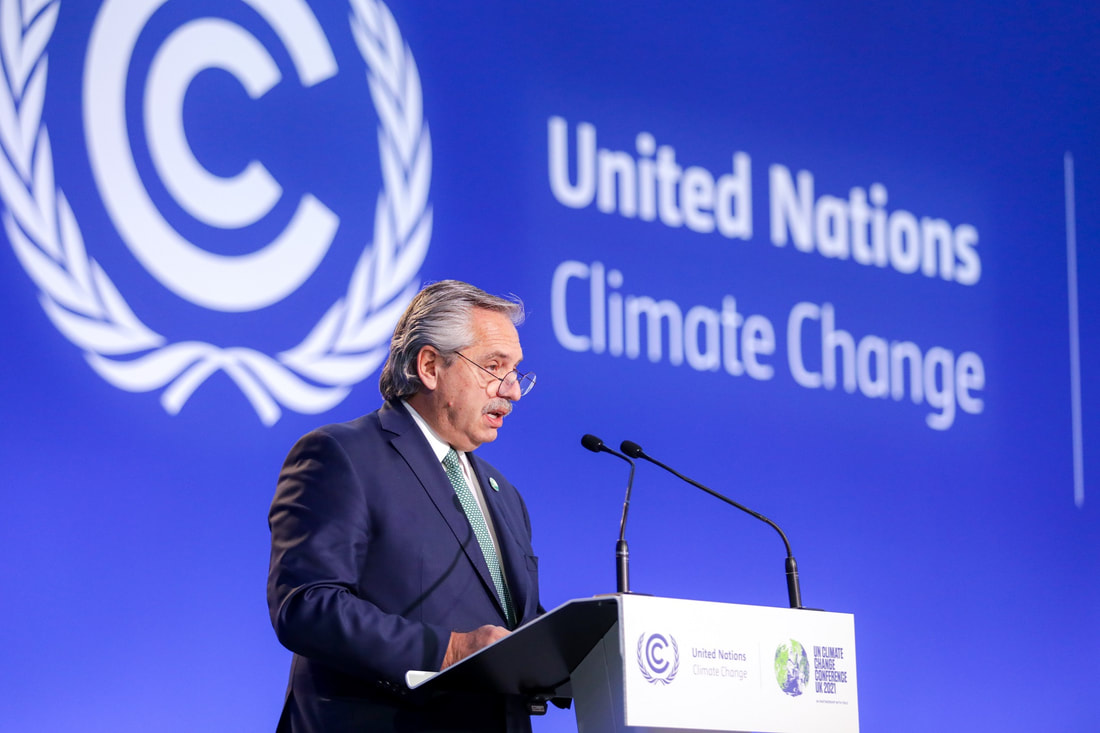|
By: A. Melcon The term "climate change" refers to alterations in the Earth's climate, and their effects, which are principally driven by human activity since the pre-industrial period. This term is sometimes used interchangeably with Global Warming, which focuses more on the rise in average global temperatures and the resulting effects on wildlife, ecosystems and humans. These rising temperatures correlate almost completely with the release of greenhouse gases, some of the main causes being the burning of fossil fuels, deforestation, agriculture and more. Greenhouse gases are defined as gases which trap heat in our atmosphere, leading to more warmth being trapped, and a resulting increase in global temperatures.
In 1990, 36 billion tons of CO2 were emitted. Since, this value has increased by 40%, and now, in 2021, we are currently emitting around 50 billion tons of CO2 annually. This augmentation is attributed to more greenhouse gases, as we have increased our levels of industry and are emitting more CO2. China is the world largest emitter of greenhouse gases; it emits twice as much as the second emitter which is the United States. The list then follows with India, Indonesia and Russia. What is being done to help this? To ensure that humans do not let the environment worsen to a point where the consequential effects of global warming are irreversible, the UN created the COP conferences. The first one was in 1995, and was held in Berlin, Germany. Since then, this conference meets up once a year, with all countries collaborating to do as much as they can to help the worldwide problem of climate change. COP 21 - The Paris Agreement: In December 2014, the 21st edition of COP took place, held in Paris in France. At the time, leaders came together to form the Paris agreement. The Paris agreement aimed to hold the increase in the average global temperature to below 2ºC of pre-industrial levels, while also encouraging countries to meet every 5 years and form even more ambitious climate goals. This is why COP 26 was so important, as it was 5 years after COP 21 (although it was slightly delayed because of the pandemic). Glasgow Climate Pact: The Glasgow Climate Pact is the first climate pact which specifically addresses the reduction of coal, which is one of the worst fossil fuels for greenhouse gases, and has been adopted by all participating 197 countries. It also includes more regulations for countries to ensure that global temperatures don't rise too high. COP 26 failures: It important to recognize that, although the agreements reached will promote sustainability and help stop climate change, not enough is being done to prevent the catastrophic effects such as rising temperatures and increased greenhouse gas emissions. An important topic that was not brought up in this conference was renewing targets to ensure that global temperatures remain at less than 1.5ºC of preindustrial levels. This inaction has been commented a lot by civilians, as without updating pacts and limiting greenhouse gas emissions, global warming isn’t as controlled as it could be. New projections from Climate Action Tracker have ensured that even if all CO2 targets are done by all countries, and everybody does what they agreed to do, the planet is currently on track to warm by 2.1 – 2.4 ºC until 2030. It has already been evidenced by many specialists that even a 2ºC increase could have disastrous effects upon the world, leading to acidified water, rising sea levels, destruction of organisms' habitats and many more Additionally, there have been some problems regarding the limitation of coal emissions, with some opposition from India and Russia. Bhupinder Yadav, India's climate minister, questioned how countries should be limiting their coal: He claimed that it is a primary source of income, and eradicating poverty and desperate hunger are also very eminent problems, especially to LEDCs. So, although the initial idea was to completely stop coal emissions, it has been changed to decreasing coal utilization. During the COP26 conference, delegates also finalized rules for global carbon trading, which was Article 6 under the Paris agreement. Similar to the coal agreements, the fossil fuel industry will have to “offset” its carbon emissions, meaning that its carbon emissions will increase, and countries will be allowed to continue polluting, leading to an increase of greenhouse gases in the atmosphere. Bibliography: https://theconversation.com/the-ultimate-guide-to-why-the-cop26-summit-ended-in-failure-and-disappointment-despite-a-few-bright-spots-171723
0 Comments
Your comment will be posted after it is approved.
Leave a Reply. |

